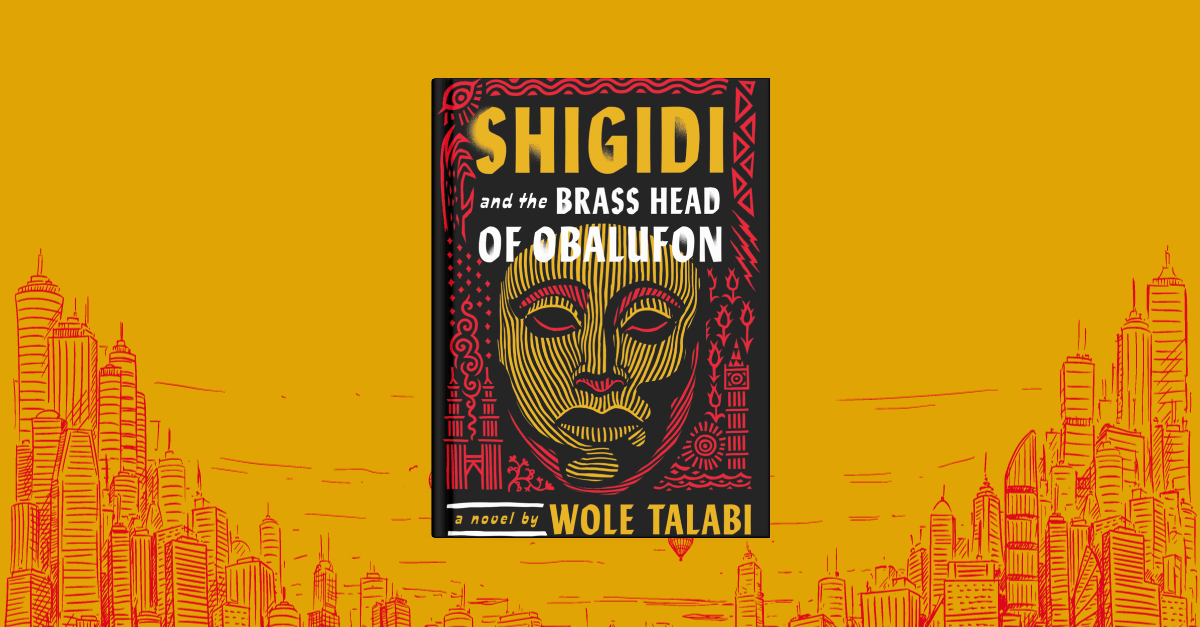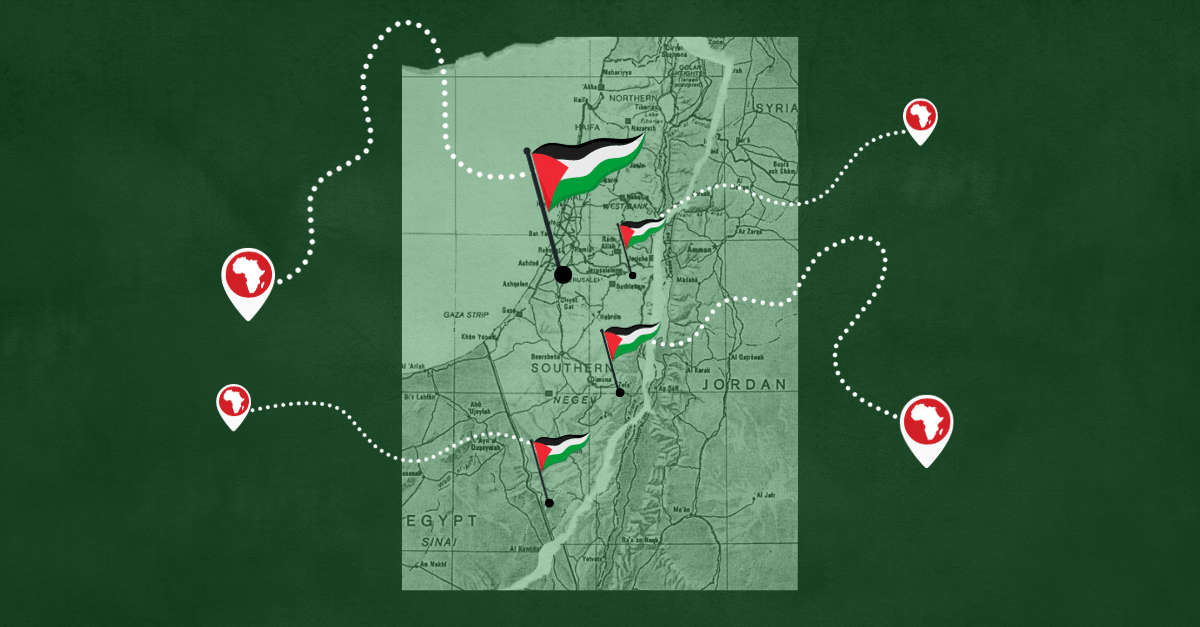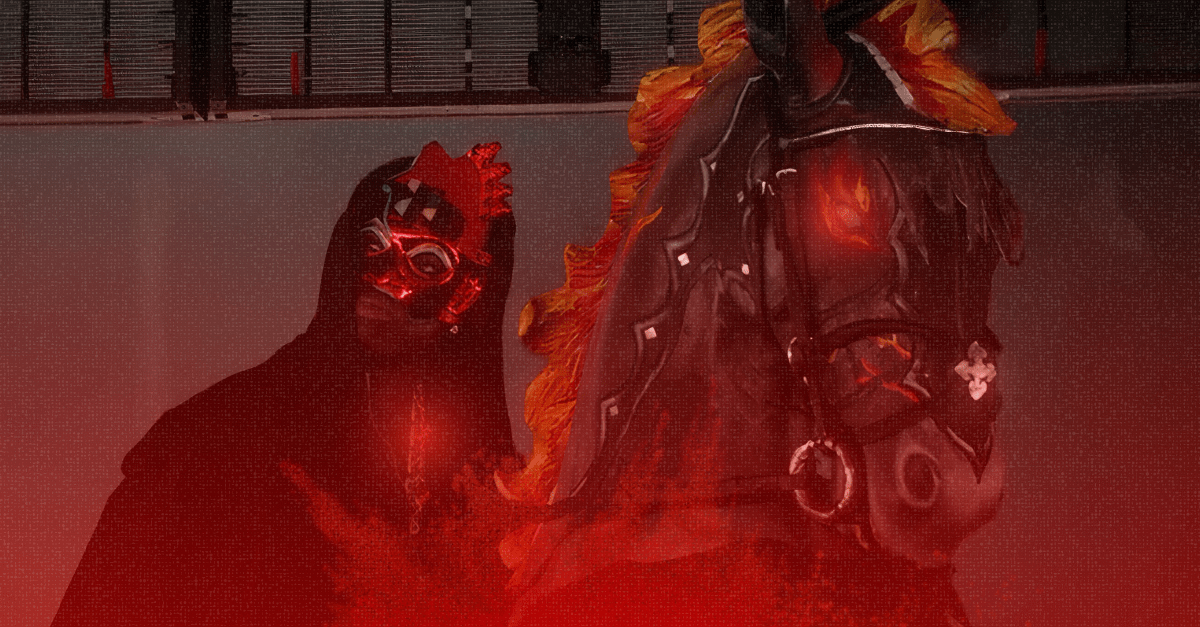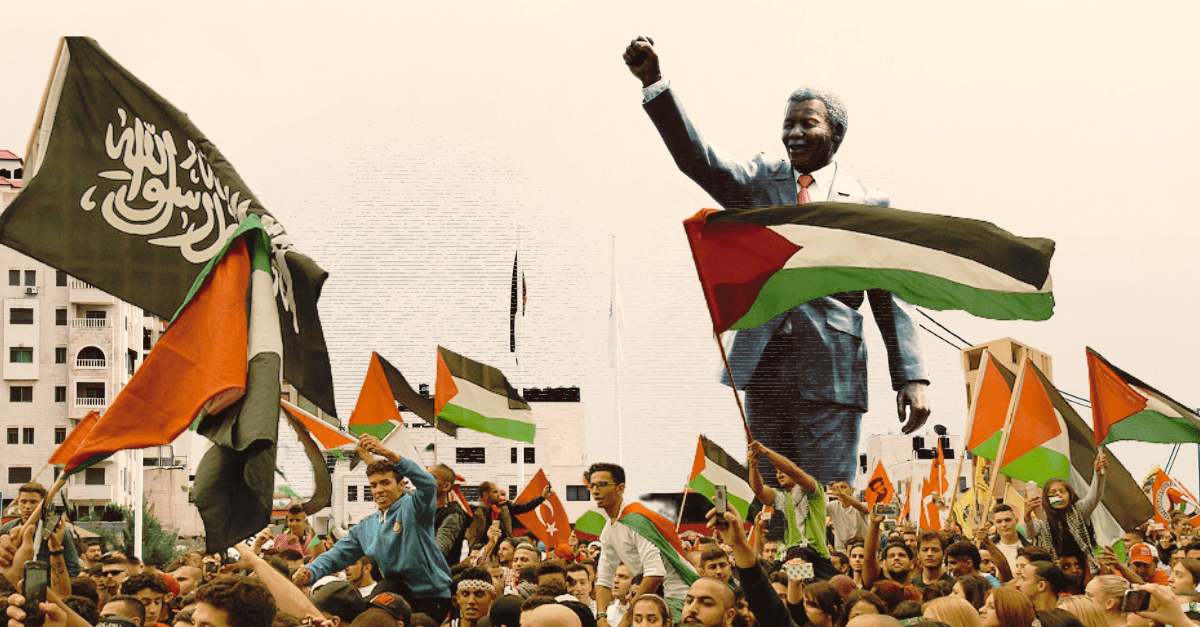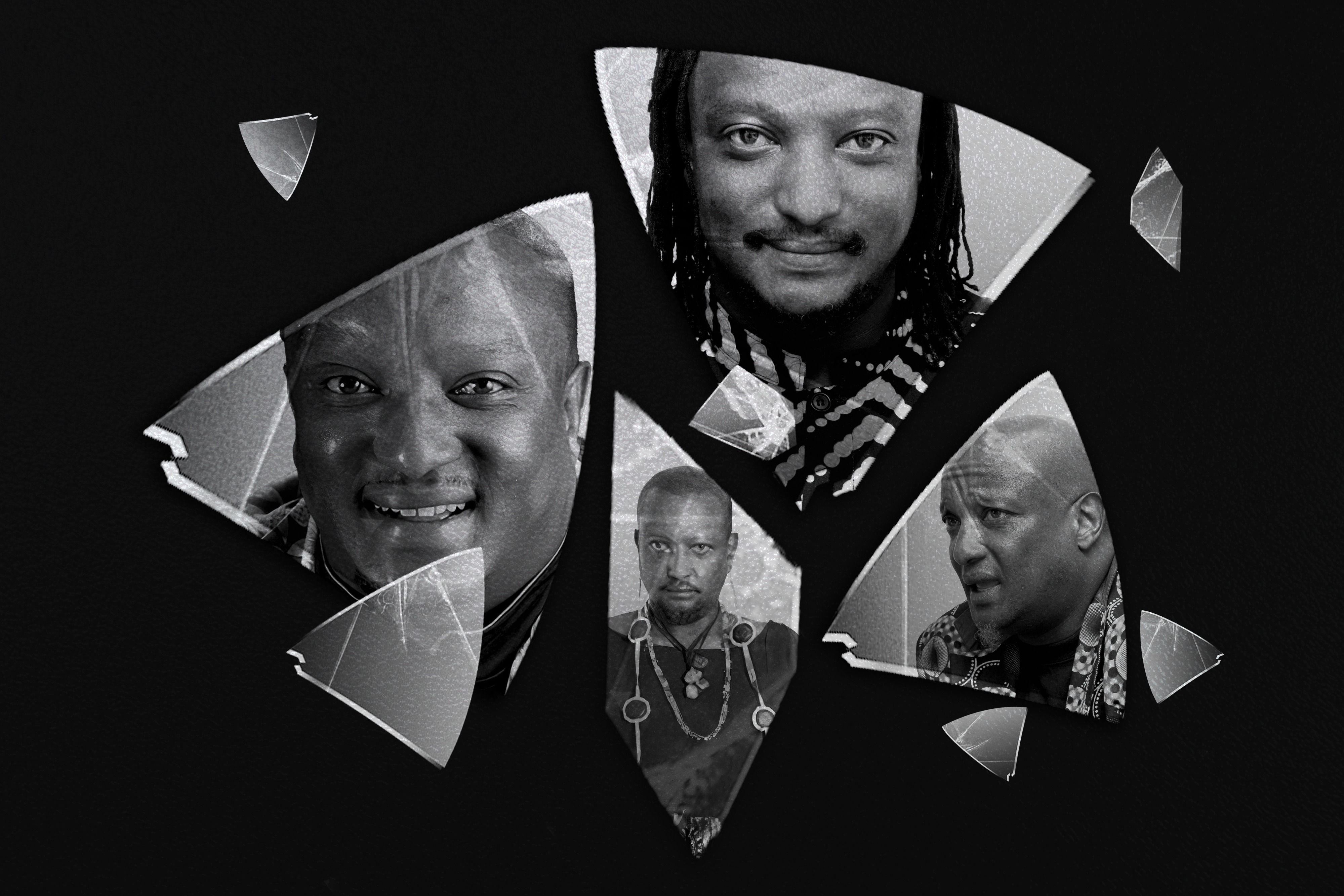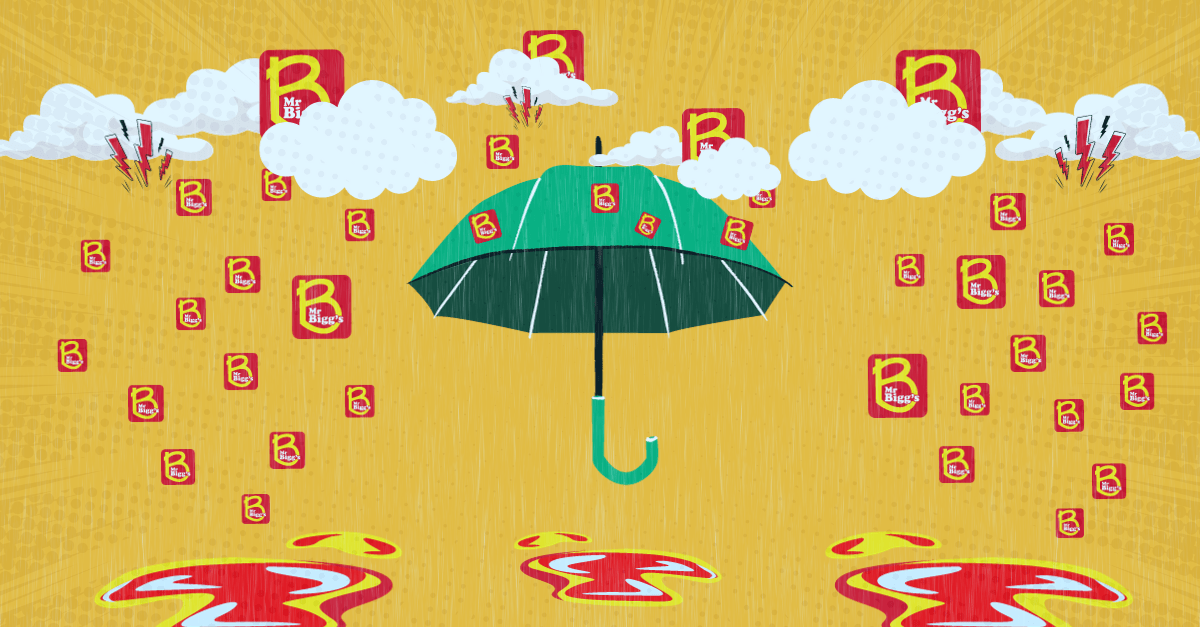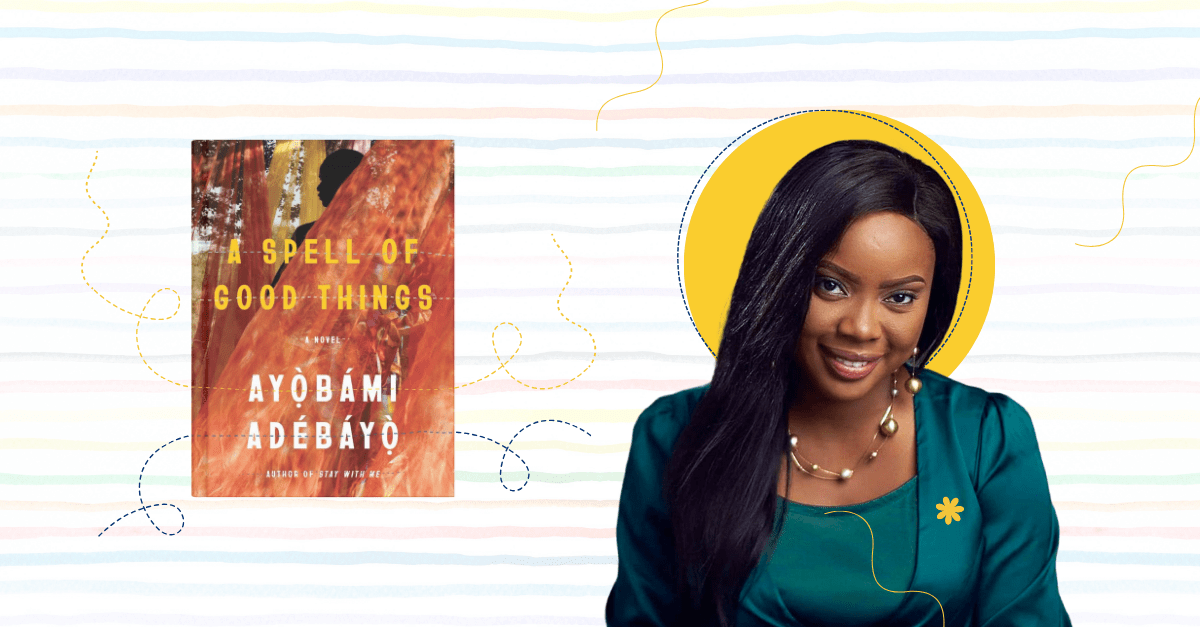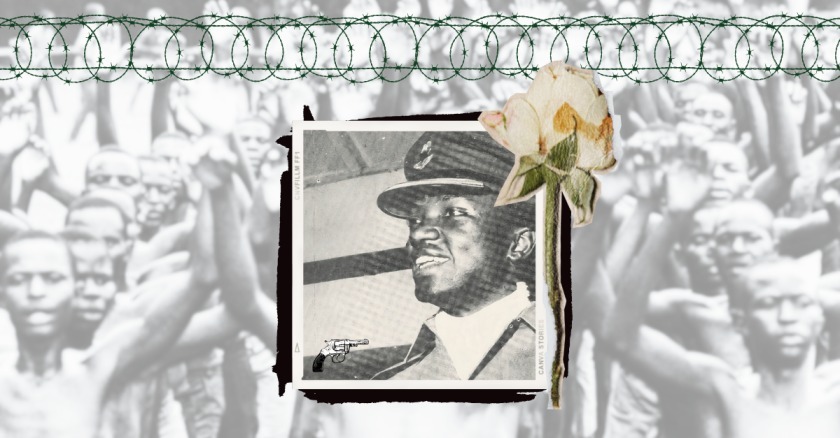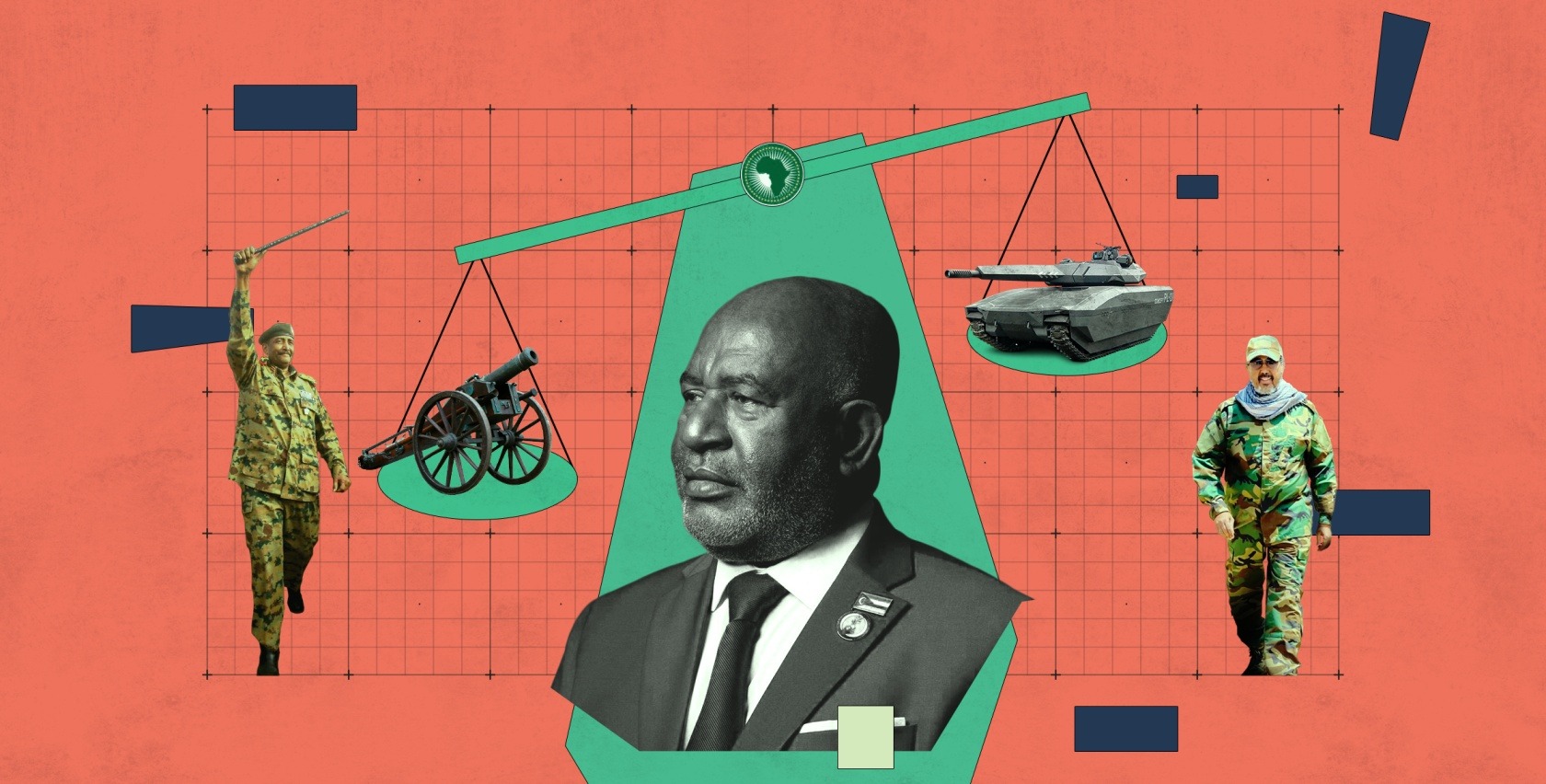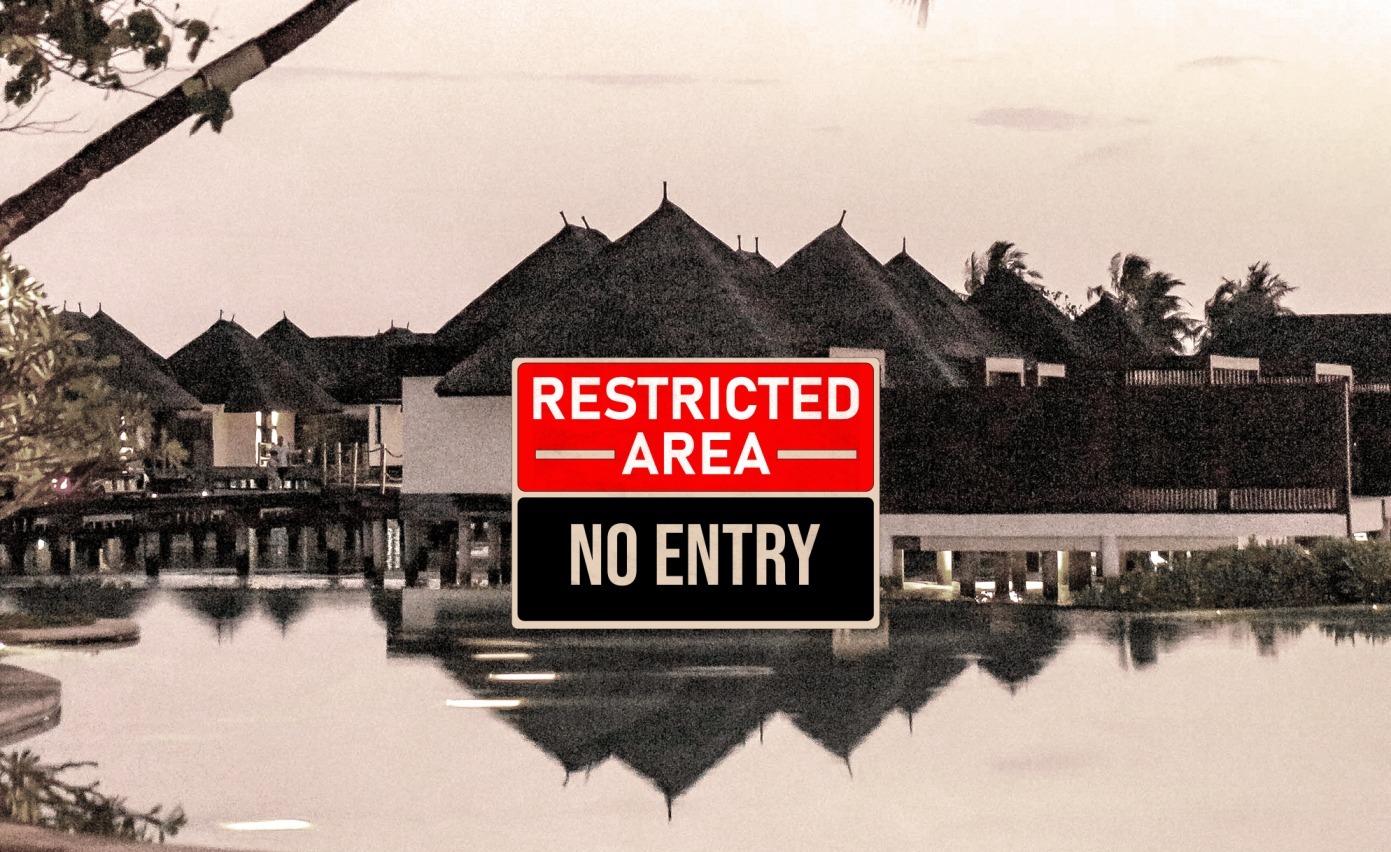Nigerian Godpunk Comes of Age with Shigidi Book Review: Shigidi and the Brass Head of Obalufon by Wole Talabi
Shigidi, a fantasy novel by Wole Talabi, is a fine display of the author’s dexterity as a writer and his keen eye for story. It is also a fine demonstration of how grossly underutilized African mythology has been in world fantasy.



